Sleep Myths You Should Stop Believing
Sleep is a universal necessity, yet it's shrouded in myths and misconceptions that often lead us astray from achieving optimal rest. These myths, passed down through generations or propagated by popular media, can distort our understanding of sleep and its impact on our health. In this exploration, we will unravel 11 common sleep myths that might be affecting your nighttime routine and overall well-being. From misunderstandings about sleep cycles to misconceptions about the best sleep practices, this article aims to debunk these myths with insights grounded in research and expert opinions. Let’s embark on this journey to rethink and refine our bedtime beliefs for a healthier, more restful sleep experience.
Myth #1: Everyone Needs Exactly Eight Hours of Sleep
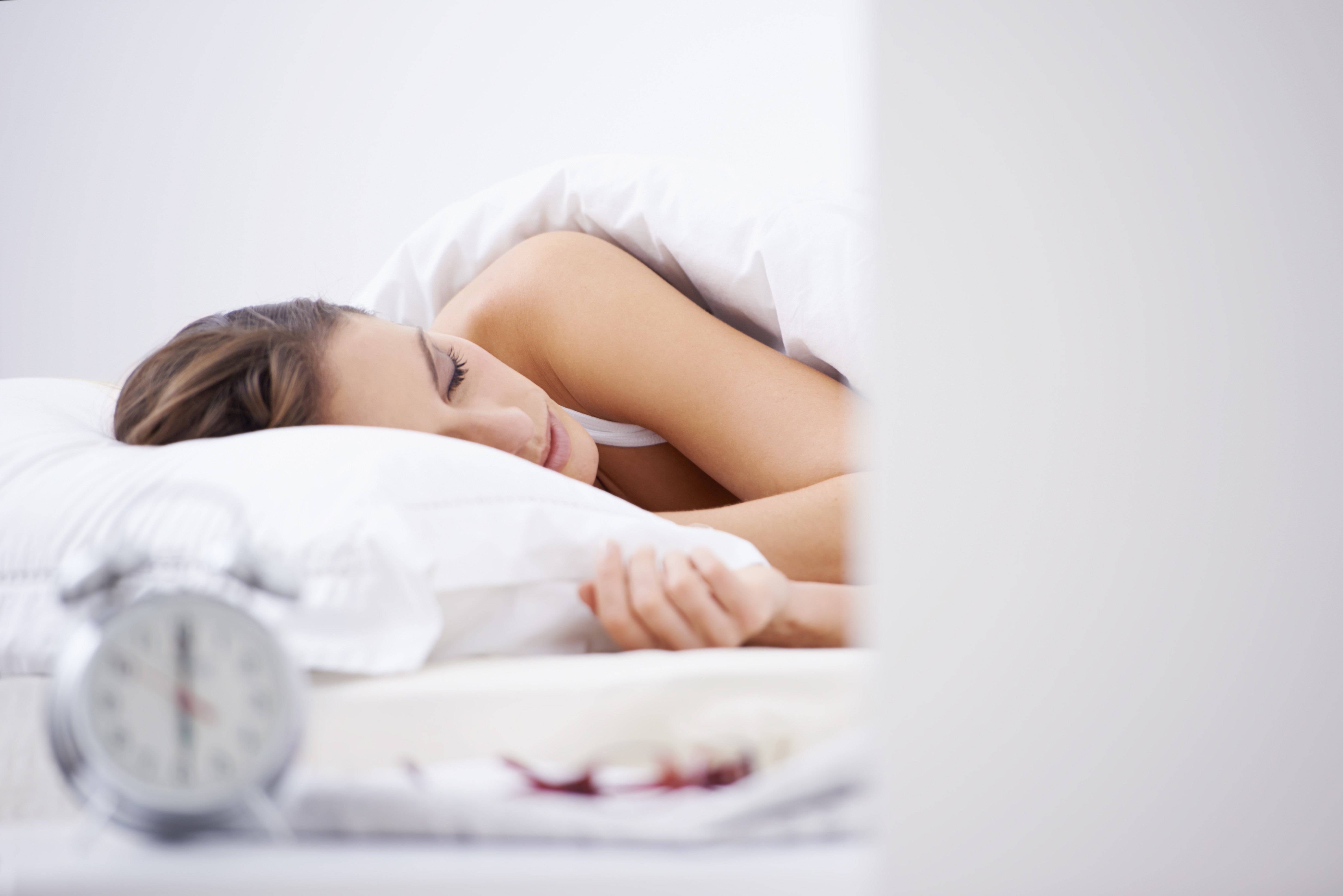
The belief that everyone needs exactly eight hours of sleep each night is one of the most pervasive sleep myths. While eight hours is often cited as the ideal benchmark, the amount of sleep required can vary significantly from person to person. Factors such as age, lifestyle, health, and even genetic predispositions play a role in determining individual sleep needs. Research shows that some people thrive on as little as six hours, while others may require up to ten. It’s essential to listen to your body and recognize signs of adequate rest, such as feeling refreshed upon waking and maintaining energy throughout the day, rather than adhering strictly to the eight-hour rule.
Myth #2: Older Adults Need Less Sleep
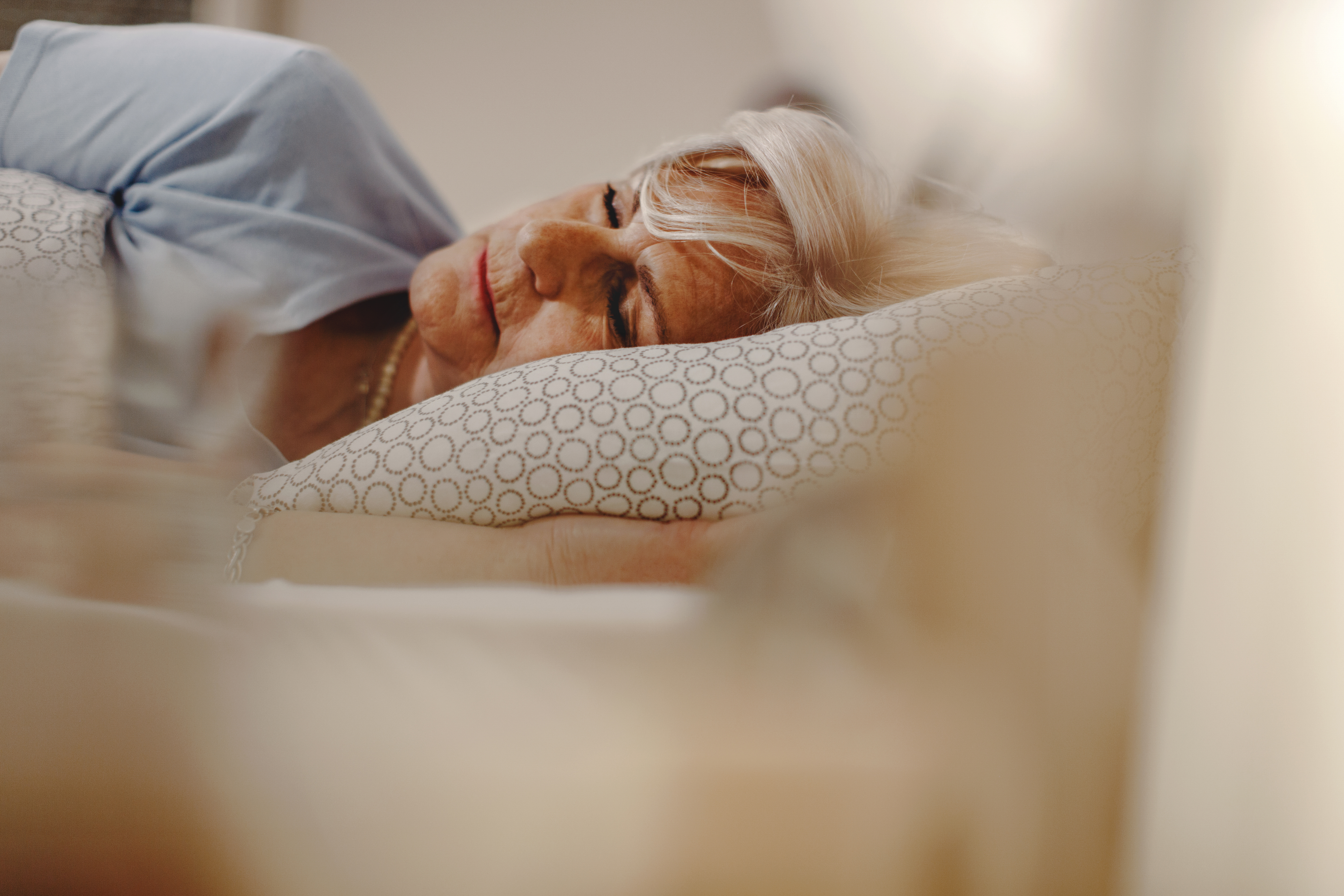
Contrary to popular belief, older adults do not necessarily need less sleep than younger adults. While it's true that sleep patterns change with age, the National Sleep Foundation recommends that adults aged 65 and older still aim for 7-8 hours of sleep per night. However, older adults often experience changes in sleep architecture, such as lighter sleep and more frequent awakenings, which can lead to the misconception that they need less rest. It's important for older adults to prioritize good sleep hygiene and address any sleep disturbances with healthcare providers to ensure they are meeting their sleep needs.
Myth #3: Snoring is Harmless
Snoring is often dismissed as a benign annoyance, but it can sometimes signal more serious health issues. While occasional snoring is common and usually harmless, chronic snoring can be a symptom of obstructive sleep apnea (OSA), a condition that disrupts breathing during sleep and increases the risk of cardiovascular problems, daytime fatigue, and other health issues. If you or a loved one snores frequently and experiences symptoms such as gasping for air during sleep or excessive daytime sleepiness, it’s important to seek medical evaluation. Addressing snoring can lead to improved sleep quality and overall health.
Myth #4: You Can Catch Up on Sleep During the Weekend
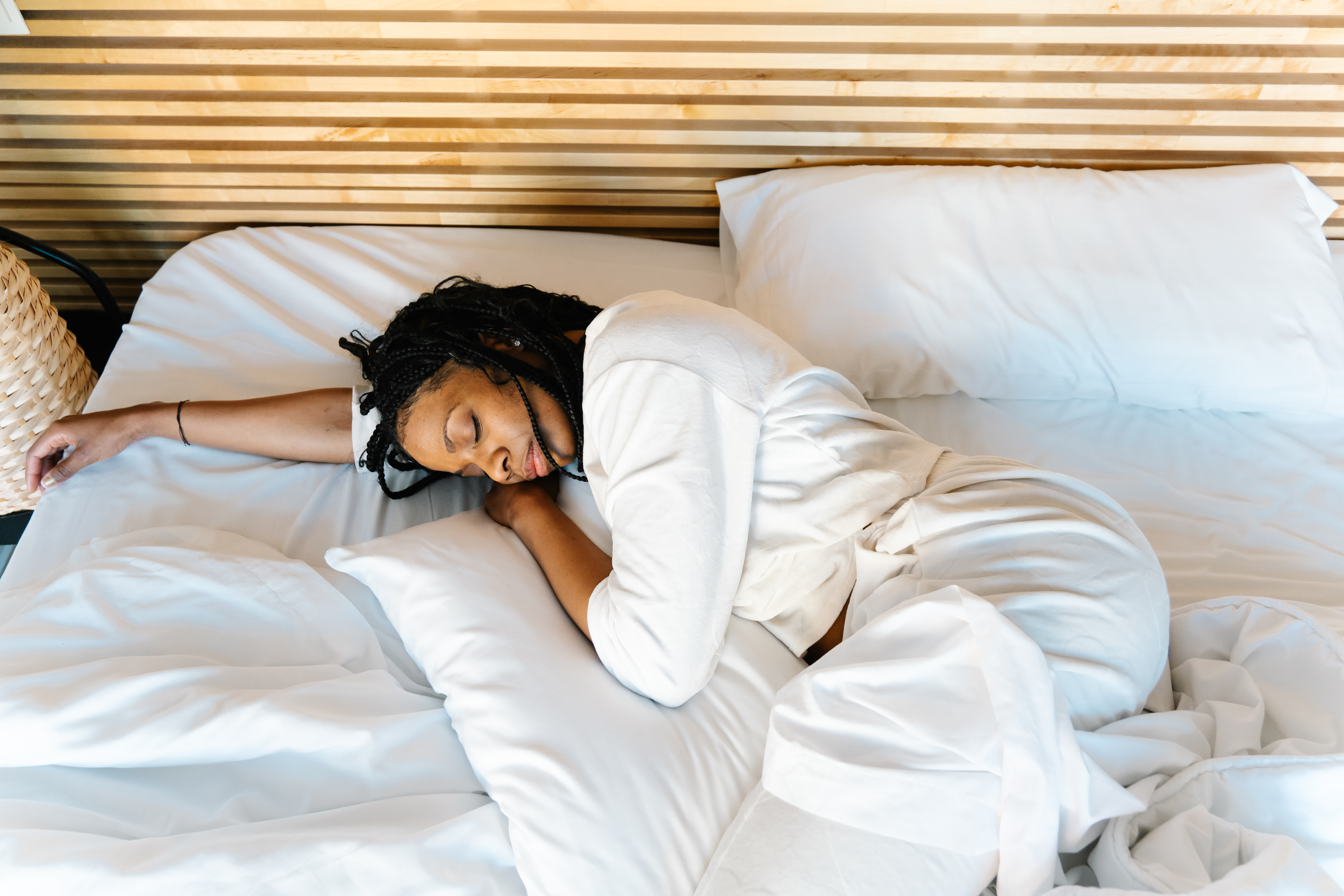
Many people believe they can compensate for sleep lost during the week by sleeping in on weekends, but this approach can disrupt your body’s internal clock, or circadian rhythm. Irregular sleep patterns can lead to what is known as "social jetlag," which can affect mood, cognitive function, and overall health. While an occasional extra hour or two of sleep can be refreshing, consistently relying on weekend catch-up sleep is not a sustainable solution. Prioritizing a regular sleep schedule throughout the week is key to maintaining a healthy circadian rhythm and ensuring consistent, restorative sleep.
Myth #5: Alcohol Helps You Sleep Better

While alcohol might help you fall asleep faster due to its sedative effects, it actually disrupts the sleep cycle, particularly the REM (rapid eye movement) stage, which is crucial for memory consolidation and mood regulation. Consuming alcohol before bed can lead to fragmented sleep and reduce overall sleep quality, leaving you feeling unrested the next day. Over time, relying on alcohol as a sleep aid can lead to dependency and exacerbate sleep issues. For better sleep, it’s advisable to limit alcohol consumption, especially in the hours leading up to bedtime, and instead focus on developing healthy sleep habits.
Myth #6: Exercise Before Bed Disrupts Sleep

The myth that exercising before bed will disrupt sleep is not entirely accurate. While vigorous exercise immediately before bedtime may elevate heart rate and adrenaline levels, moderate exercise in the evening can actually promote better sleep. Physical activity helps reduce stress and anxiety, two common sleep disruptors, and can improve sleep quality by increasing time spent in deep sleep stages. The key is to find the right balance and timing that works for your body. For most people, exercising a few hours before bed can be beneficial, but it’s important to pay attention to how your body responds and adjust your routine accordingly.
Myth #7: Watching TV in Bed Helps You Relax
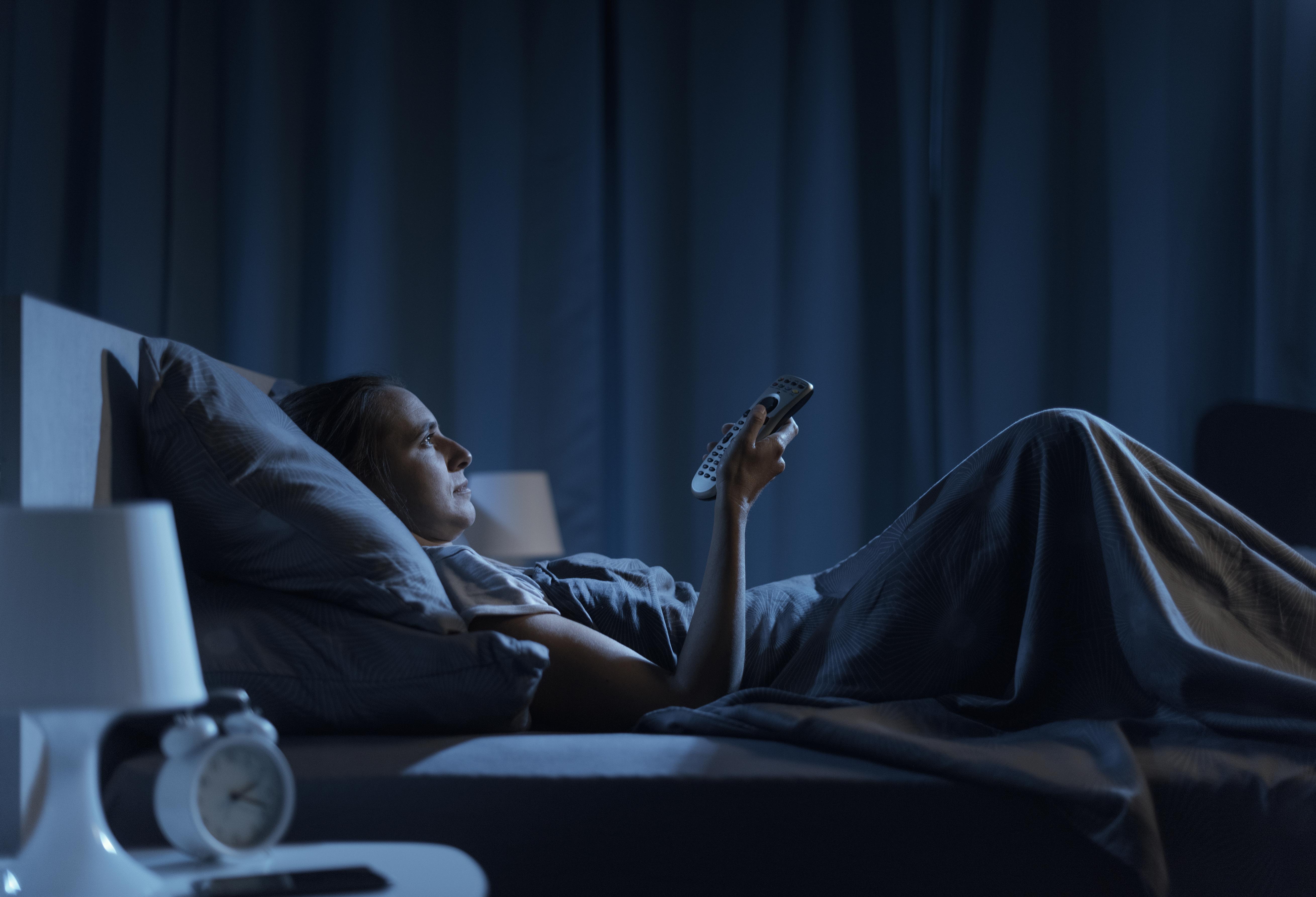
Many people believe that watching TV in bed helps them unwind, but the blue light emitted from screens can interfere with the production of melatonin, the hormone that regulates sleep-wake cycles. This can delay sleep onset and reduce sleep quality. Additionally, engaging content can stimulate the brain, making it harder to relax and fall asleep. For a more restful night, it’s advisable to establish a calming pre-sleep routine that excludes screens. Consider reading a book, practicing relaxation techniques, or listening to soothing music to create an environment conducive to sleep.
Myth #8: Waking Up in the Middle of the Night Means Poor Sleep
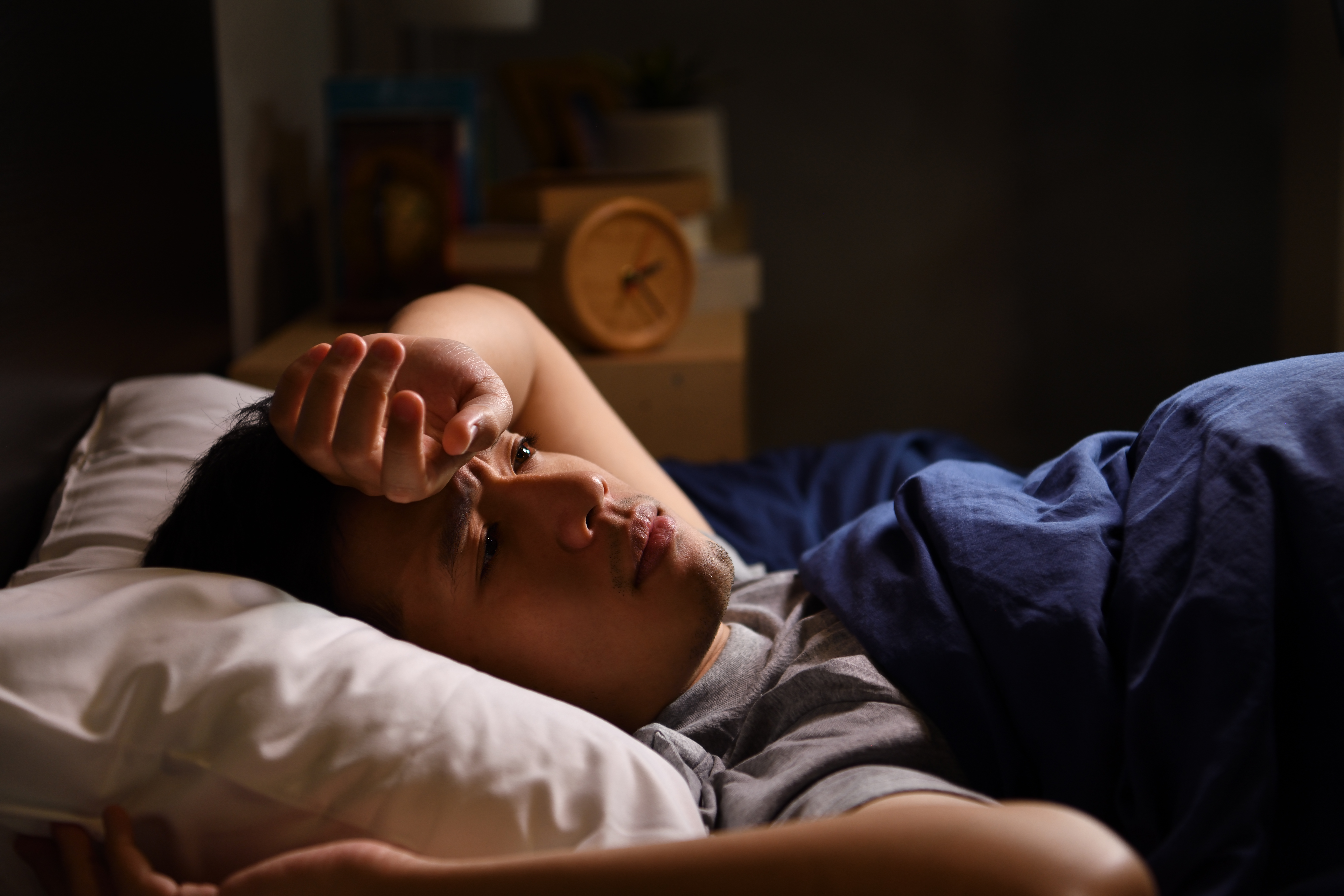
Waking up during the night is often perceived as a sign of poor sleep, but brief awakenings are a normal part of the sleep cycle. Most people experience short arousals between sleep stages without even realizing it. However, if you find yourself awake for prolonged periods or unable to fall back asleep, it could indicate an underlying issue such as stress, anxiety, or an uncomfortable sleep environment. Addressing these factors can help improve sleep continuity. It’s important to maintain a conducive sleep environment and practice relaxation techniques if you find yourself awake at night.
Myth #9: More Sleep is Always Better
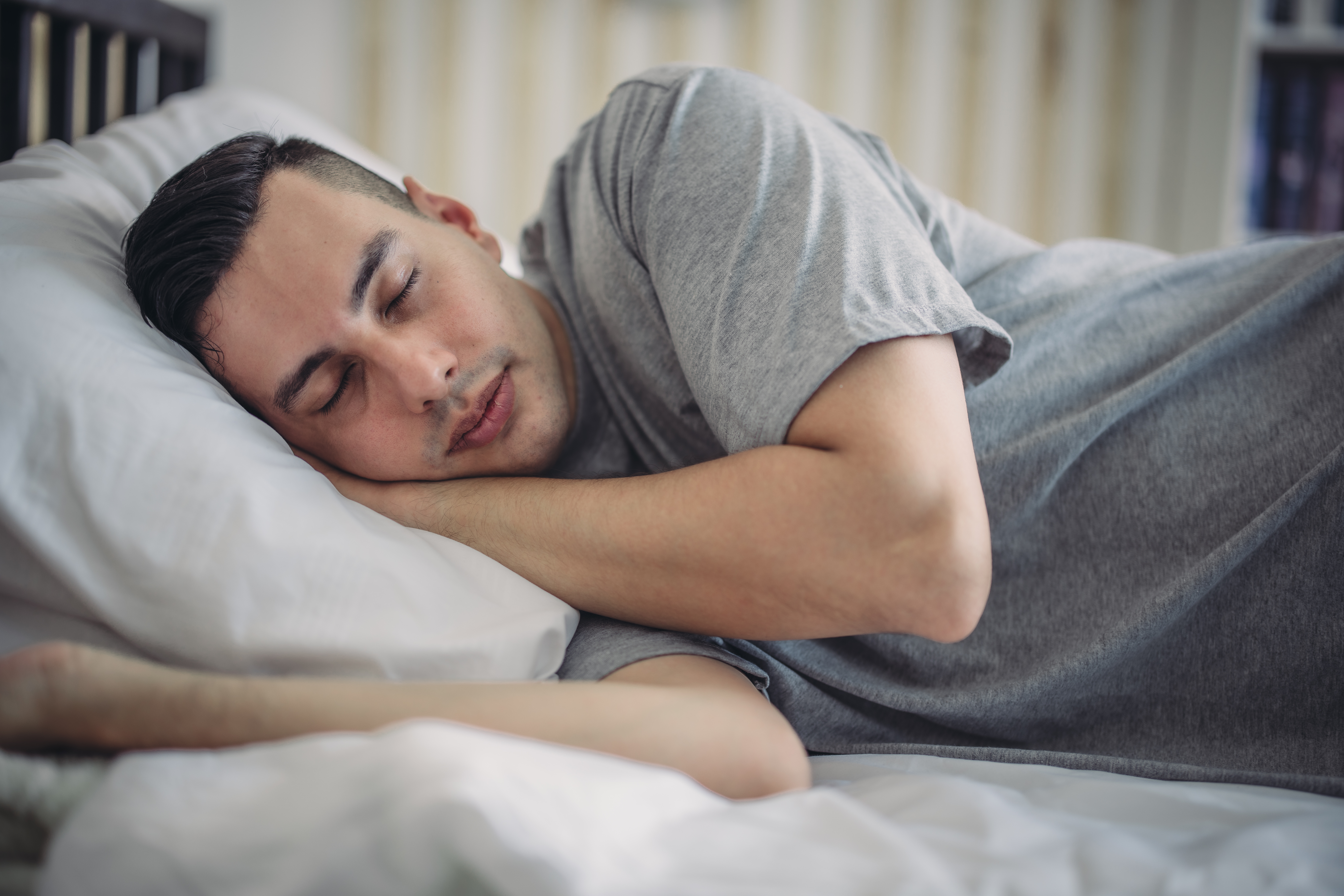
While getting enough sleep is crucial, oversleeping can also have negative effects on health. Consistently sleeping more than nine hours a night has been linked to increased risks of obesity, diabetes, and cardiovascular diseases. Oversleeping can also be a sign of underlying health issues such as depression or sleep disorders. The goal should be to find a balance that allows you to wake up feeling refreshed and energized. If you find yourself needing excessive amounts of sleep, it may be worth consulting a healthcare professional to explore potential underlying causes.
Myth #10: Counting Sheep Helps You Fall Asleep
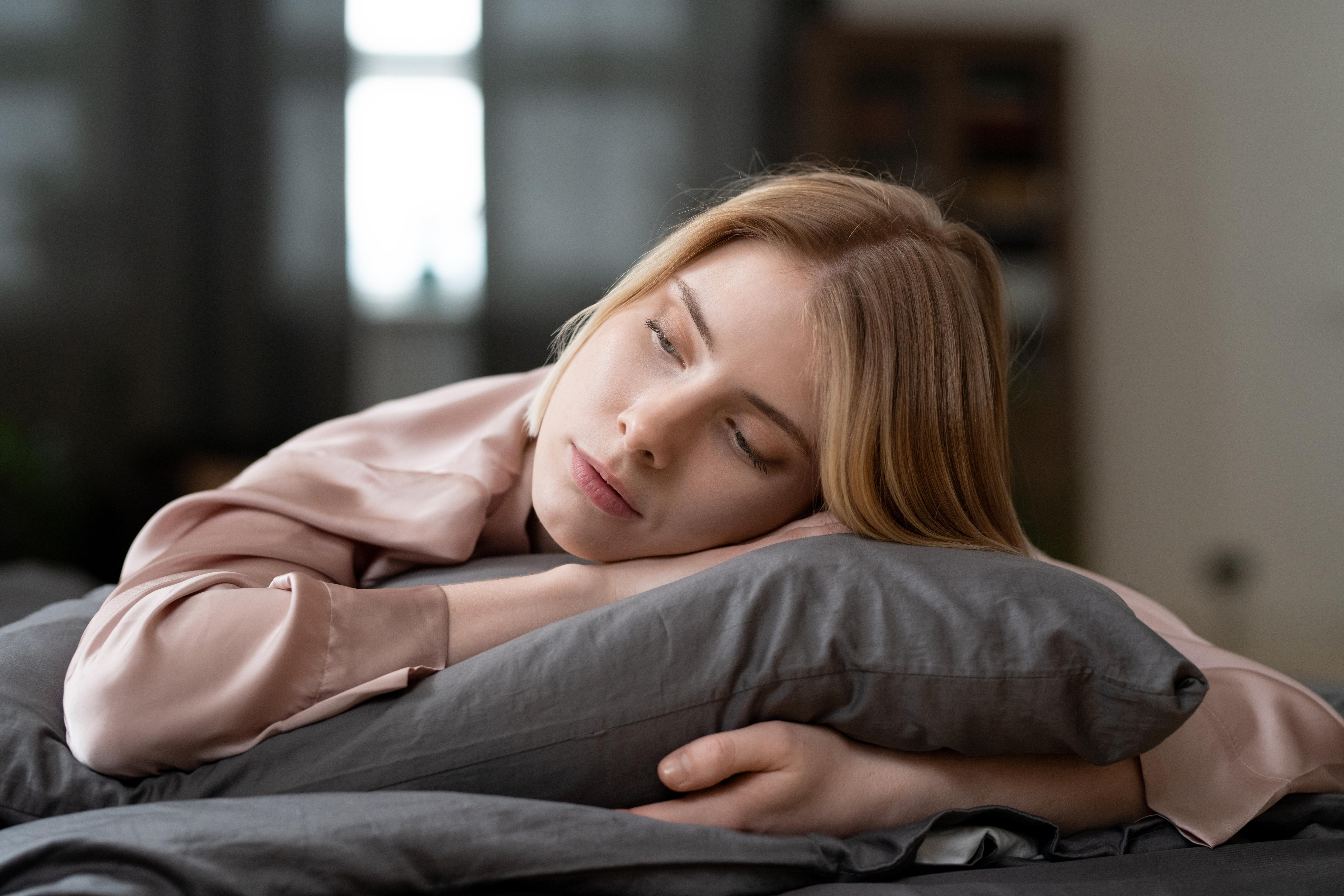
The age-old advice to count sheep as a method to fall asleep is more of a cultural anecdote than a scientifically proven technique. In fact, studies have shown that this method can be ineffective or even counterproductive, as it might not be engaging enough to distract the mind from active thoughts. Instead, focusing on more immersive and calming imagery, such as imagining a serene beach or a peaceful forest, can be more effective in promoting relaxation and sleep onset. Techniques such as progressive muscle relaxation or deep breathing exercises can also aid in calming the mind and preparing the body for sleep.
Myth #11: You Should Stay in Bed if You Can’t Sleep
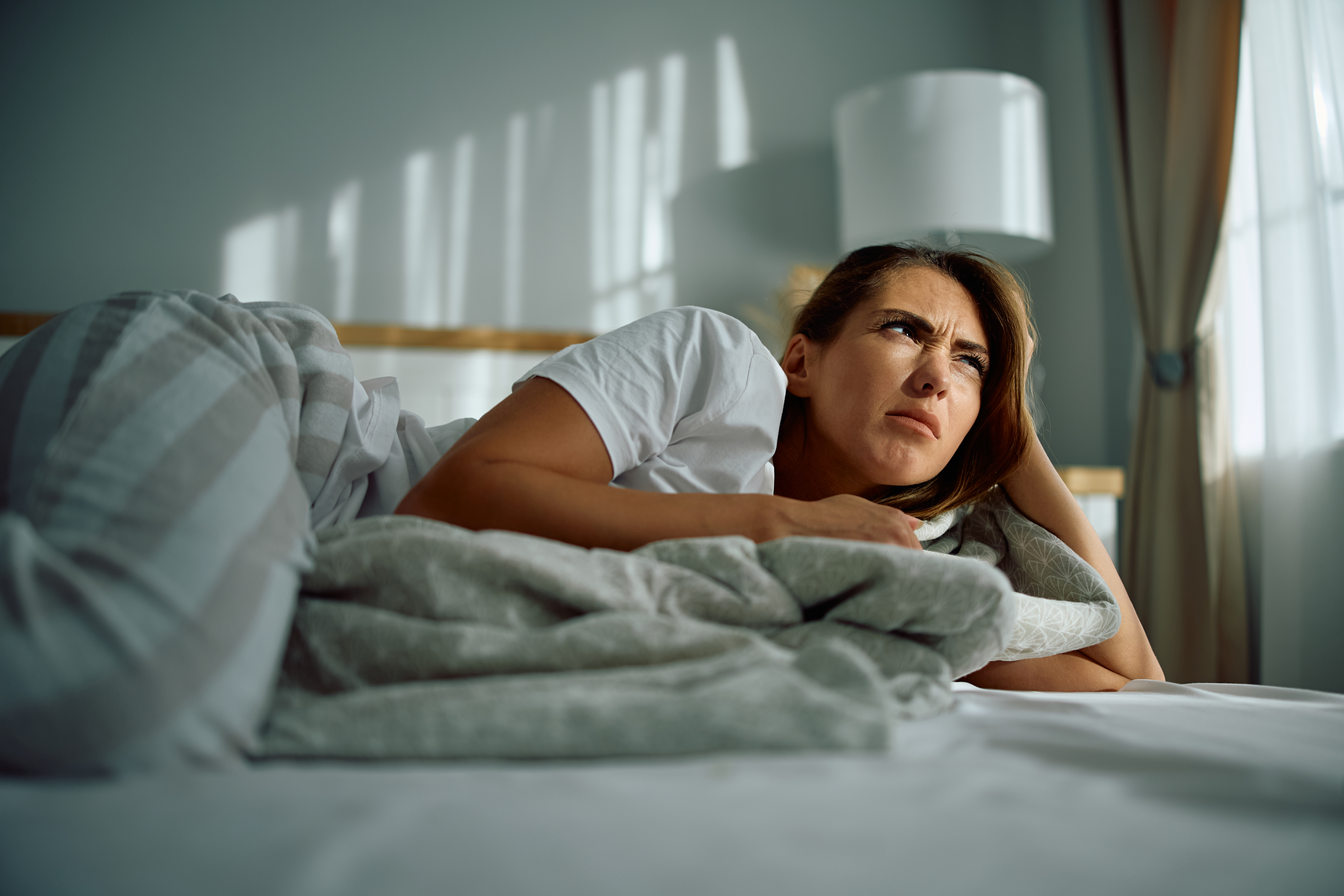
When you’re unable to fall asleep, it might seem logical to stay in bed and wait it out, but this can lead to frustration and anxiety, further hindering sleep. Sleep experts recommend getting out of bed if you’ve been awake for more than 20 minutes. Engage in a quiet, non-stimulating activity such as reading or listening to calming music until you feel sleepy again. This helps break the association between your bed and wakefulness. Over time, this practice can reinforce a positive connection between your bed and sleep, improving your ability to fall asleep more quickly in the future.